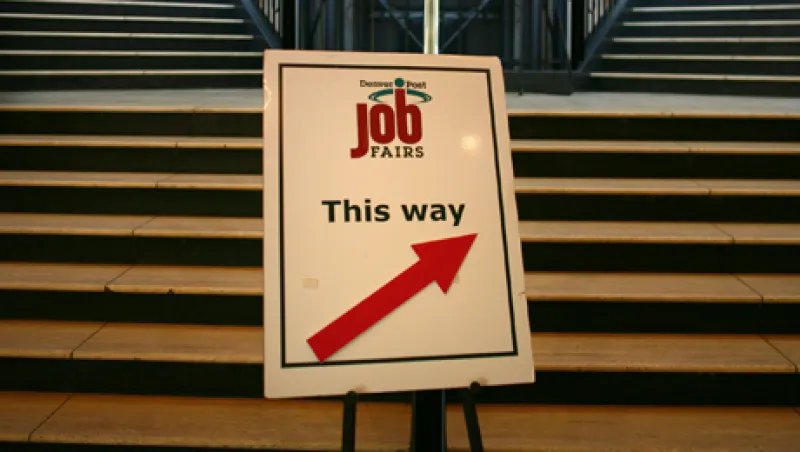
The Demise of the IPO Seen Hurting Job Growth
A study shows that the dearth of small companies going public has cost the U.S. economy 22 million jobs. Will Congress fix the problem?
Andrea Burzynski
February 29, 2012


